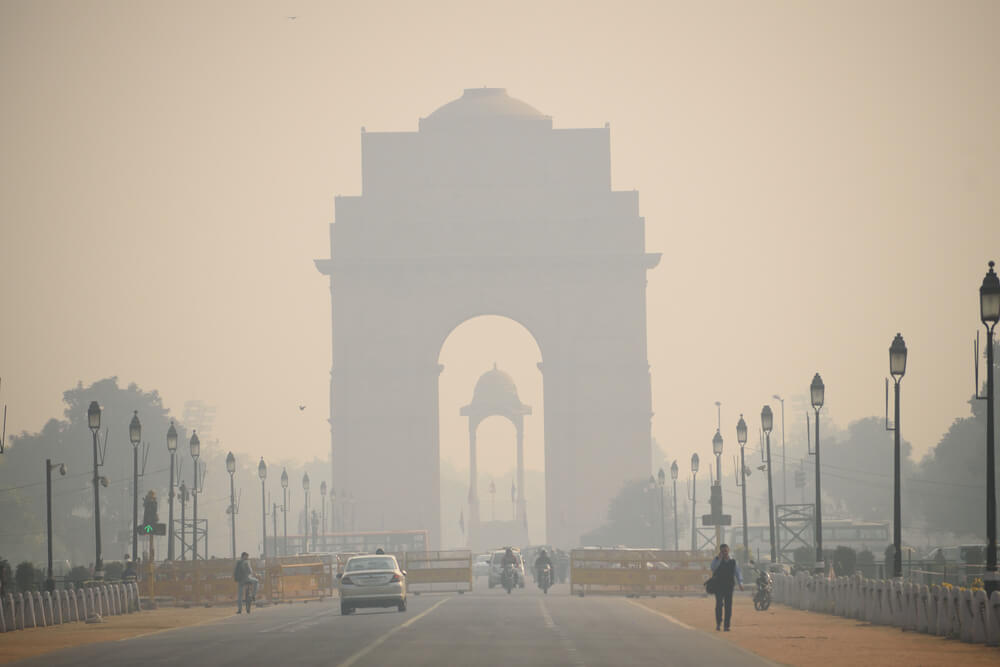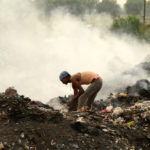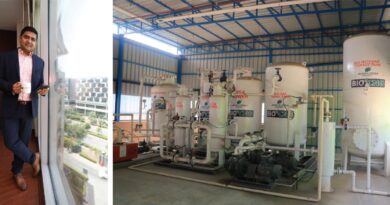Delhi Government Prepared to go into “War Mode” to Combat Air Pollution

As Delhi’s air quality slipped from “poor” to “very poor” category in the Air Quality Index (322) on Tuesday, Environment minister Imran Hussain directed all officers and agencies to be in “war mode” to combat air pollution. Hussain at the panel meeting reviewed preparation and action plan with officers from PWD, MCDs, Environment, DPCC etc on Dust control & Graded Response Action Plan (GRAP) for effectively checking air pollution in Delhi.
Delhi Environment Minister @ImranHussaain directs all Officers & Agencies to be in war mode to combat air pollution. pic.twitter.com/HXLfWmbOF5
— AAP (@AamAadmiParty) October 23, 2018
The Central Pollution Control Board (CPCB) recorded the city’s overall AQI at 254 in the evening. However, that number raced on to 322 by midnight. An AQI (air quality index) between 0 and 50 is considered ‘good’, 51 and 100 ‘satisfactory’, 101 and 200 ‘moderate’, 201 and 300 ‘poor’, 301 and 400 ‘very poor’, and 401 and 500 ‘severe’.
According to the statement released by the Environment Department, the action plan to tackle the pollution problem consists of the following measures,
1. Two joint teams of officials from the revenue department, municipal corporations, and civil defense volunteers are to be deputed in each district for monitoring construction activity and taking preventing and punitive action against the violators of dust control norms.
2. The Delhi Metro is to ensure that construction activity does not lead to aggravation of air pollution in Delhi.
3. Industries Department and DSIIDC were directed to put into action the plan for proper disposal of waste generated by the industrial units especially in Narela and Bawana Industrial areas.
4. All three municipal commissioners are to ensure control of instances of burning in the open and compliance of dust control measures, failing which senior officers should and will be held accountable.
5. The minister also directed PWD and Delhi Fire Services to undertake water sprinkling especially after Diwali for settling the suspended dust particles.
6. The three municipal corporations and the New Delhi Municipal Council have been directed to ensure that keeping of uncovered building material was not permitted on their respective roads.
Directions were given to inspect ready mixed concrete plants on regular basis & officers should also ensure control of instances of burning in open with compliance of dust control measures failing which concerned senior MCD officers will be held accountable. pic.twitter.com/JgQqEGiwWP
— Imran Hussain (@ImranHussaain) October 23, 2018
In a boost for the capital’s degrading air quality, the Supreme Court on Tuesday ruled that people in the country would only be permitted to burst firecrackers from 8 PM to 10 PM on Diwali and other festivals, permitting the sale and manufacture of low emission “green” firecrackers countrywide. Environmentalists and health experts welcomed the decision, claiming that it was time the society celebrated festive occasions more responsibly.

As parts of the 62 meters high and 80 lakh metric tonne Bhalswa landfill site still continue to smolder after 4 days, the air quality in most parts of the city is only predicted to worsen before and “if” it can improve.
Last month, we reported that the Delhi Government had finalized financial incentives for businesses. The world’s 6th most polluted city hoped to make amends after suffering the ignominy, and health effects of being the most polluted in the world since 2014.
However 5 years after the issue first rose to prominence, the fact of the matter is that even the smallest steps on the ground, like the shutdown of the IP Thermal plant was achieved after much hand wringing and delays. Hiking parking charges, or even disincentivising vehicle purchases has moved at a snail’s pace. Worse, the improvement in public transport that is such an urgent requirement to get buy in from the residents of the city has barely moved., other than the metro rail network, which seems to have hot the limits of its usefulness, especially as the environmental cost of keeping it overhead to save money has clearly been underestimated.
Data on health issues being caused by the severe pollution needs to be shared more effectively, so that people can truly become aware of the price they are paying right now, and step up to drive the change themselves.




